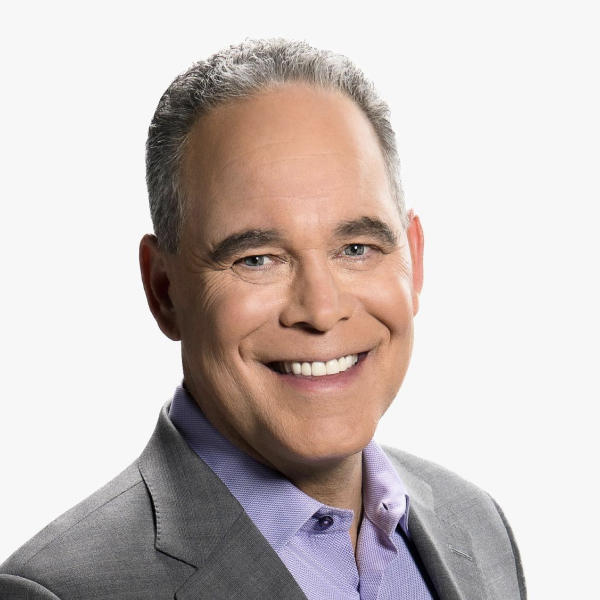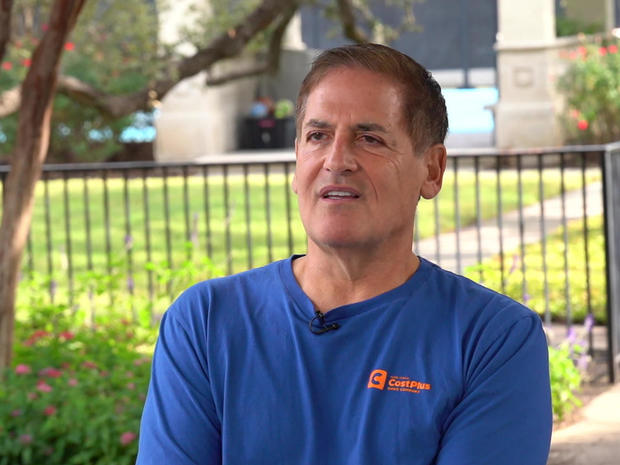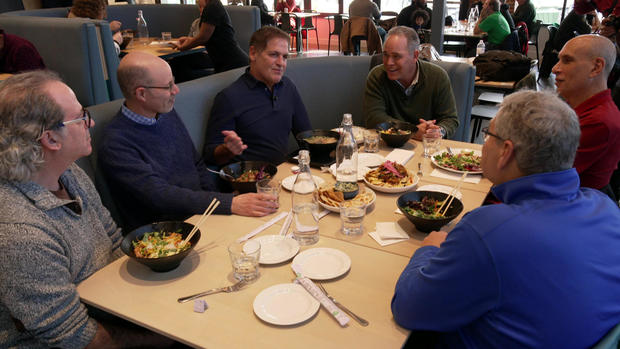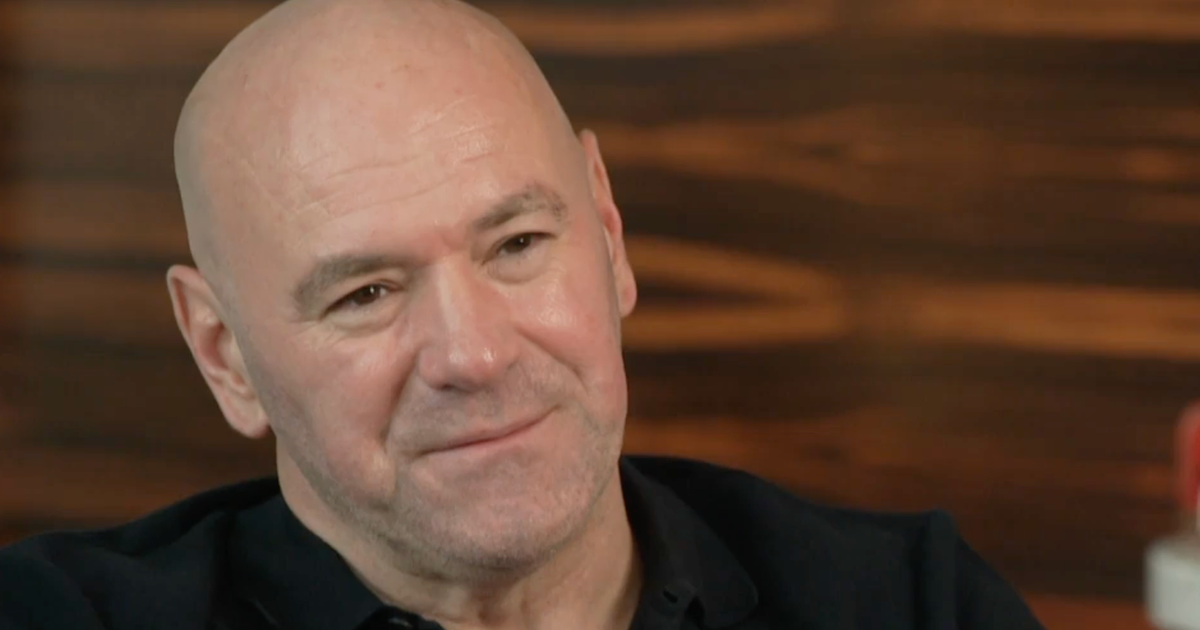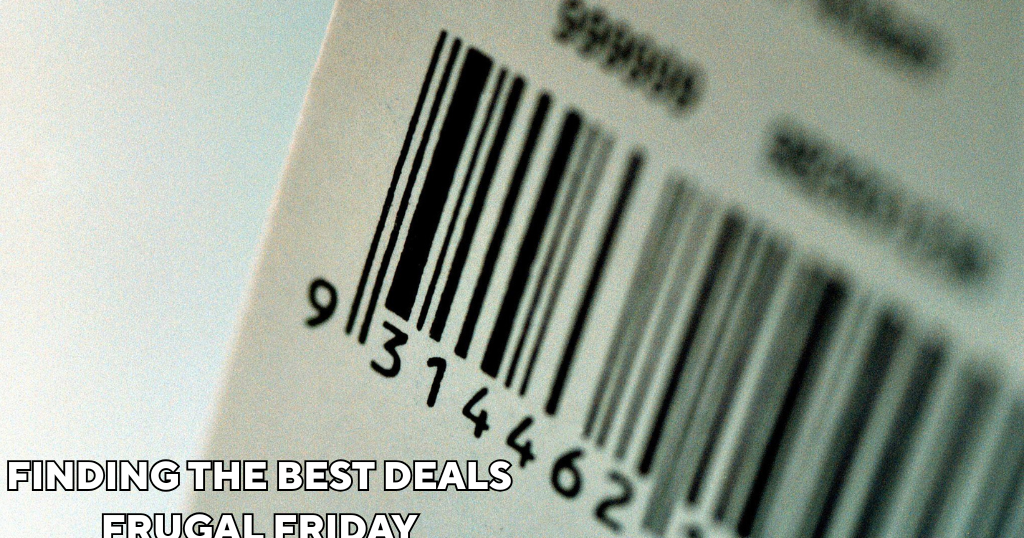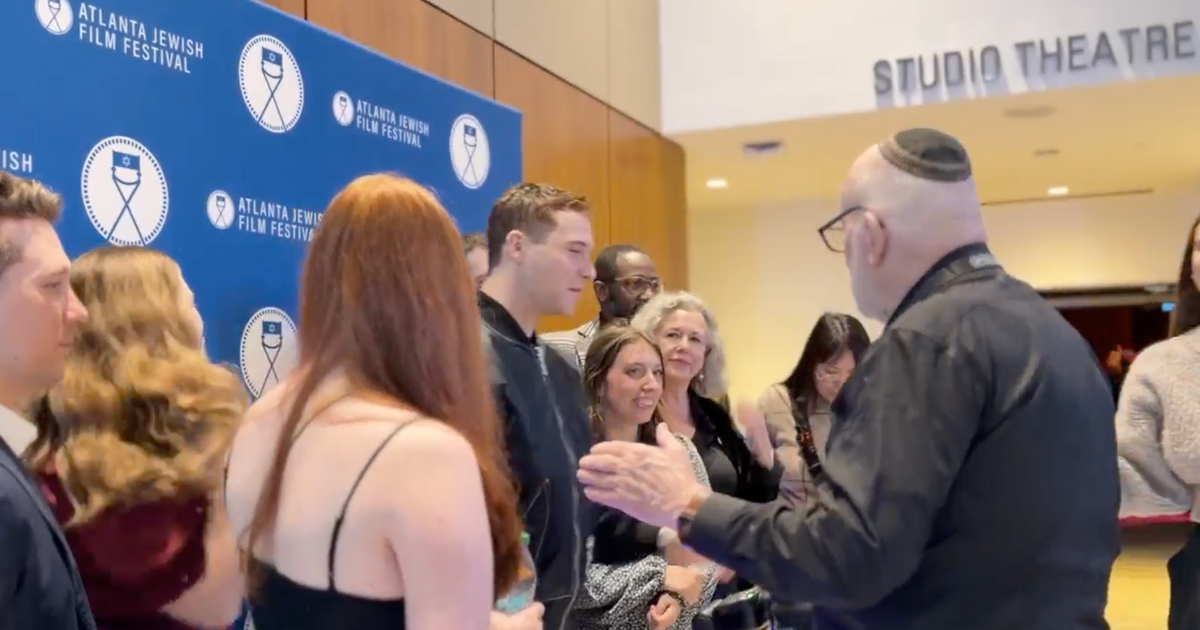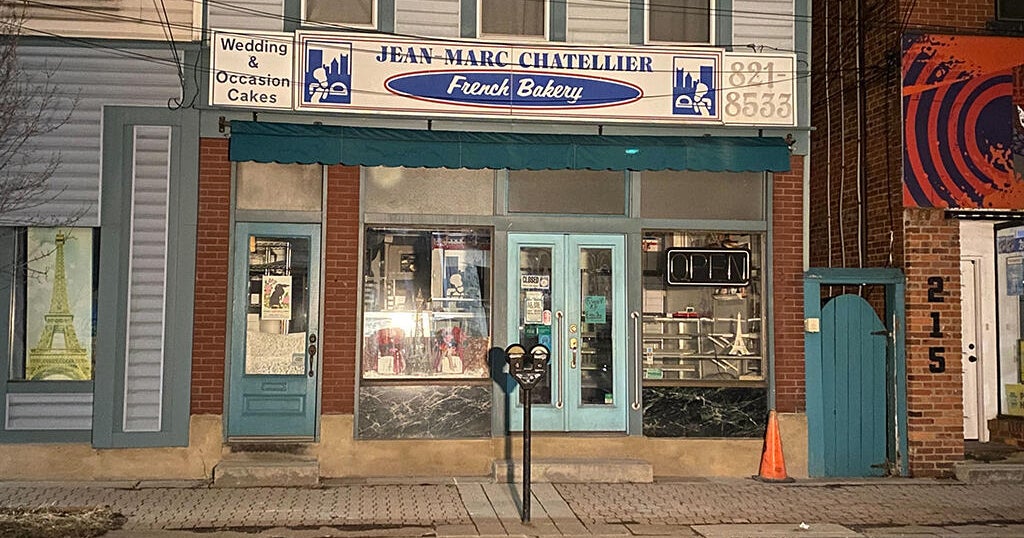Mark Cuban's latest prescription for success
Always looking to unlock hidden value, multi-billionaire Mark Cuban apparently finds none in either "shy" or "retiring." The owner of the NBA's Dallas Mavericks, whose unrestrained dress-downs of league refs have cost him millions in fines; a panelist on "Shark Tank" for the last 13 years; the kind of guy who loved playing himself on HBO's "Entourage" – Cuban is one high-functioning multi-tasker.
Axelrod asked, "Is it impossible to stay connected to what most people think of as a 'normal' life?"
"Yes and no. It's not like my friends are rich; they're not. At the same time, if you're jumping on a plane, it's your plane."
But these days, if you want to know what's grabbing his attention, check out his latest venture: Mark Cuban Cost Plus Drug Company, that aims to change the way we fill our prescriptions – as big a potential disruptor as the industry has seen.
When asked how much of his head is being eaten up by Cost Plus right now, Cuban replied, "About 99.99%. Financial, emotional, intellectual, all that bandwidth is going to Cost Plus."
Prescription drugs are a half-trillion-dollar market in the U.S. Cuban wants more transparency into how prices are set – an opaque and complicated process, he says, that's largely controlled by middlemen.
Cost Plus deals directly with manufacturers and consumers, offering more profits for those who make drugs, and lower prices for those who take them. His prescription for pricing = the drug's cost, plus 15% for Cost Plus, plus a $3 pharmacy fee, plus $5 shipping.
Cost Plus offers 1,100 medications right now, mostly, but not all, generics, like atorvastatin (the generic of the cholesterol drug Lipitor), whose retail price is $55.08 for 30 pills. Cost Plus? $3.60 for the same amount.
Cuban said, "When I was in my 20s and my 30s and my early 40s, it was all about, 'How much money could I make?' But at this point in my life, where the next dollar that I bring in isn't gonna change my life, my kids' life, their kids' lives, the capitalistic reward comes from having an impact."
At the age of 64, Cuban has been focused on the next dollar for close to 50 years, since he was a kid in Pittsburgh. "Selling garbage bags door-to-door, selling magazines, selling candy door-to-door. 'Hi, my name is Mark. Do you use garbage bags? If you just call me every time you need garbage bags, they're only $6 per a hundred, I'll come and I'll just drop 'em off at the house.' Once you're a salesperson and you know how to sell, there's nothing you can't do."
That salesmanship developed alongside a certain toughness in his working-class Jewish home. "The first time I ever got into a fight, some kid walked up and just punched me and started calling me a kike. And of course, I had to beat the hell out of him! But I go in to my dad and say, 'What's a kike?' Every generation has a reason to have fear. But every generation has a reason to have hope."
He took those qualities with him to Indiana University, along with a penchant for risk-taking and thinking outside the box. He bought a bar, Motley's Pub, before he was old enough to drink. "That was the first time I had to try to get things organized and actually run a real business. And I realized I wasn't that good at it; there were a lotta mistakes that I made."
After graduation he worked at a bank; that lasted 9 months. Cuban had too many other things to try, like acting, grabbing parts in a bunch of B-movies.
His first big money came at the age of 30, selling a software company he'd built called MicroSolutions, while still not ready to settle down. "I netted about $2 million after taxes," he said. "I bought a lifetime pass on American Airlines, and I'm not gonna work, I'm just gonna party like a rock star in as many countries as I can."
His ever-churning mind was focused on and investing in the emerging sector of technology and computers. "My net worth just kept on goin' bam, bam, bam, bam, bam, bam, bam, bam, bam along with that. By the time I'm 35, I was worth, you know, $15, $20 million. Life was good."
Millions became billions. When he and his college buddy Todd Wagner, also now living in Dallas, wanted to listen to Indiana University basketball games on their old campus 900 miles away, they came up with a solution: AudioNet, which later became Broadcast.com.
Cuban said, "I go buy a computer, upgrade my phone line, downloaded Netscape software for server, and started looking at different alternatives to try to put audio and eventually video on the internet. Nobody was doing it at the time. We were the first."
"I feel like I'm listening to the origin story of streaming," said Axelrod.
"It is the origin story of streaming, for sure. There was nobody doing it. Nobody. People thought I was an idiot!"
He wasn't. The company would be sold to Yahoo for $5.7 billion in stock. "It was the craziest thing ever. Never in my wildest dreams did I think I could be worth a billion. I was ready to retire when I had $2 million, you know?"
Axelrod asked, "If you were worth a tenth of what you're worth, you would be just as happy?"
"Yeah."
"One percent of what you're worth?"
"Yes. If I had my same family and everything, for sure."
"And to people who say, 'That's easy for him to say'?"
"Yeah, of course. But if you talk to my friends from back then who are still my friends, they'll tell you, I've got stuff. But hopefully I haven't changed all that much."
"Sunday Morning" took him up on his idea, and went to talk with some of Cuban's oldest pals, at a lunch spot in Pittsburgh. They all agreed, Cuban is still the same guy. One, Jerry Katz (nickname Big Man), expanded, "Little more full of it, but not that much more full of it! But still the same guy!"
What the world sees of Mark Cuban now, they first saw then. As Steve Rosen (a.k.a. Toe the Pro) remembered, "We got into stamps. I like to collect stamps, and Mark expressed an interest in stamps. We'd go to a stamp show. We'd each go in with $20. I'd come out with stamps; Mark would come out with $100! It was amazing!"
"Inefficient markets, you look for inefficient markets," Cuban smiled.
"He'd buy 'em on the second floor and sell 'em on the first floor, right?" asked Katz.
"Pretty much!"
Which is how he got to shooting baskets on a full court in the backyard of his $20-million-plus mansion, where he lives with his wife and three kids – a guy who's been draining 'em from deep for decades now.
Axelrod asked, "What did you know about running a professional sports team when you bought the Mavs?"
"Nothing. Absolutely nothing."
The Dallas Mavericks he paid $285 million for 23 years ago are now estimated to be worth more than $3 billion. But remember, this is a guy looking for "hidden value." "The connection to your customer is stronger than anywhere else," he said. "You know, you don't get requests from Make-a-Wish to sit down with a software programmer."
A man who understands the role of good fortune in creating his great fortune.
Axelrod asked, "Do you walk around every day feeling like, 'Man, did I get a good deal of the cards'?"
"Yeah. How the f*** does this happen to me?" he replied.
"How do you explain it?"
"I can't. Life is half random. There's half you have some level of control over, and half, it is what it is," Cuban said. "If I was born five years sooner, not during the early days of the internet, you might not know my name. And I'm gonna never take it for granted, and enjoy every stinkin' moment of it!"
For more info:
Story produced by Gabriel Falcon. Editor: Ed Givnish.
